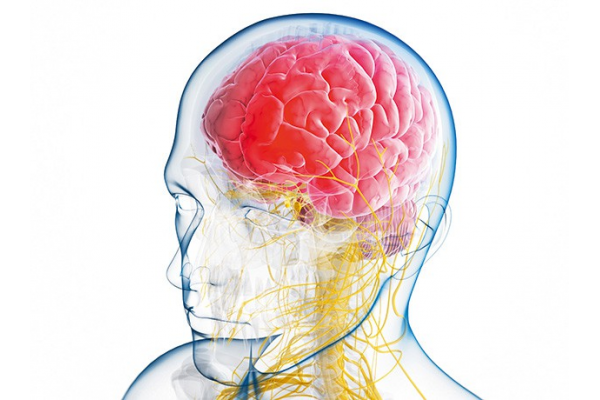Study reveals SARS-CoV-2 can infect dopamine neurons causing senescence
February 12, 2024
Source: https://news.weill.cornell.edu/news/2024/01/sars-cov-2-can-infect-dopamine-neurons-causing-senescence
 411
411

Dopamine neuron senescence is a hallmark of Parkinson’s disease
Weill Cornell Medicine, Memorial Sloan Kettering Cancer Center and Columbia University Vagelos College of Physicians and Surgeons have reported that SARS-CoV-2 can infect dopamine neurones in the brain, triggering senescence.
Long COVID patients should be monitored for an increased risk of developing Parkinson’s disease (PD)-related symptoms, as dopamine neuron senescence is a hallmark of the condition.
The study revealed that dopamine neurons that are infected with SARS-CoV-2, the virus that causes COVID-19, stop working and send out chemical signals that cause inflammation, triggering senescence, when a cell loses the ability to grow and divide.
Neurons produce dopamine, a neurotransmitter that acts on areas of the brain and causes feelings of pleasure, motivation, memory, sleep and movement.
Damage to these neurons is also associated with PD, a neurodegenerative disorder that progressively damages parts of the brain.
After generating multiple cell types from human stem cells and studying autopsy samples from patients infected with SARS-CoV-2, researchers found that 5% of dopamine neurons exposed to the virus were infected.
Using transcriptional profiling, researchers “discovered that only dopamine cells had the senescence pathway activated,” said Dr Shuibing Chen, director of the Center for Genomic Health, the Kilts Family Professor Surgery and member of the Hartman Institute for Therapeutic Organ Regeneration at Weill Cornell Medicine.
The unique pattern of gene activity from the infected lab-grown dopamine neurons and the dopamine neurons from COVID-19 autopsy samples were the same, including genes that triggered chemical signals from inflammation.
Researchers tested and identified three drugs: riluzole, metformin and imatinib, which are already marketed for several conditions, including motor neurone disease, diabetes and cancer, to find one that either prevented SARS-CoV-2 infection or rescued infected dopamine neurons from senescence.
Dr Chen added: “This project started out to investigate how various types of cells in different organs respond to SARS-CoV-2 infection. We tested lung cells, heart cells, pancreatic beta cells, but the senescence pathway is only activated in dopamine neurons.
“This was a completely unexpected result.”
By editorRead more on
- Gusekirumab Injection Accepted by CDE, Multiple Pipelines Advancing Simultaneously March 4, 2026
- Yifan Pharmaceutical’s teriparatide injection has been accepted by the CDE (Center for Drug Evaluation), adding a new domestic player to the osteoporosis treatment field March 4, 2026
- //news.yaozh.com/archive/47318.html PD-1 sales surge March 4, 2026
- A major breakthrough! Roche’s oral BTK inhibitor achieves its third Phase III clinical trial victory, a game-changer in the multi-billion dollar MS (manufactured pharmaceuticals) market. March 4, 2026
- GB19 Injection Approved for Clinical Trials of Cutaneous Lupus Erythematosus March 4, 2026
your submission has already been received.
OK
Subscribe
Please enter a valid Email address!
Submit
The most relevant industry news & insight will be sent to you every two weeks.



